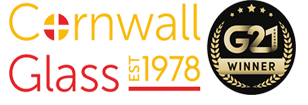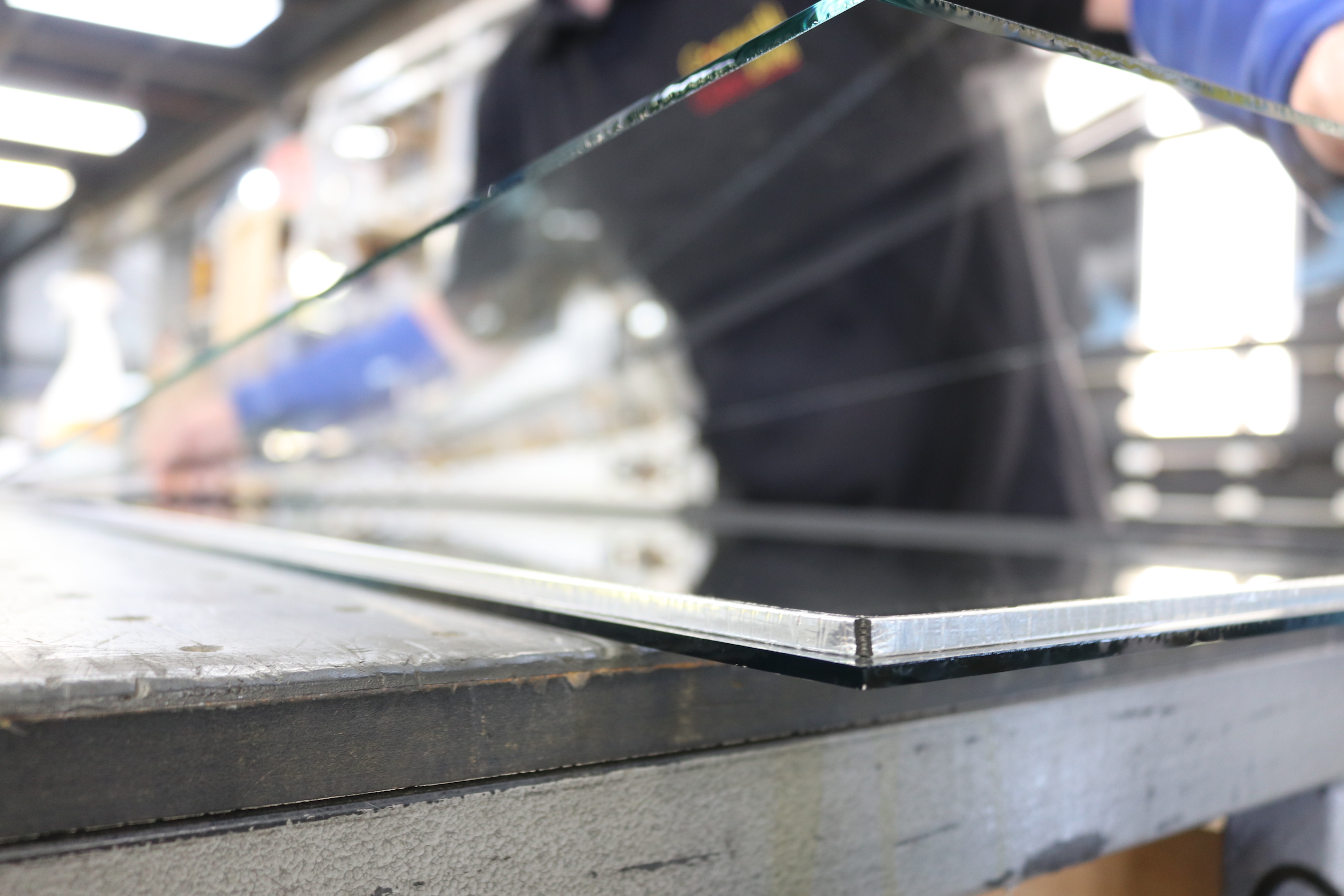The energy price guarantee is welcome, but we mustn’t rest on our laurels, according to Chair of Cornwall Group Mark Mitchell.
For an industry that relies heavily on energy, having prices go through the roof has had a profound effect on glass companies like ours and glass supply. And since the second half of 2021 Mark Mitchell, Chair of the Cornwall Group, has monitored those price increases and warned of the impact they will have (and have had) on the glass and glazing industry.
“The increase in energy costs was perhaps the final sting in the tail,” Mark said in November 2021. “With five toughening plants across our Group, it’s the only time in 34 years in business that I have written to our local MPs to express my concern about the damage volatility in energy prices is doing to business.”
He went on to say: “I believe that a lot of the challenges that we have seen in the last year – allocations, pressure on labour, and massive increases in energy prices – will still be with us for much of this year [2022].”
This was before the war in Ukraine, and energy prices have only gone in one direction – up – which has fuelled the rise in inflation. So, when the government finally intervened in the final quarter of 2022 and capped energy prices for business, it was met with much relief.
“The government’s intervention on energy bills has had an immediate effect on all glass companies,” Mark says. “We’ve seen bills decrease by about a third, which is very positive, and all businesses will feel better off for it. We should also see some stabilising of product prices, with more modest increases likely over the winter, than otherwise forecast.”
Mark points out that while many of the obstacles that have tested the mettle of the glass and glazing industry during 2021 are still present as we go into 2023 – namely, fuel and energy prices, inflation, labour shortages, rising interest rates – the energy price cap has provided breathing space.
“But businesses still need certainty in order to plan ahead for the next 12-18 moths,” Mark argues. “And currently, many companies can’t plan with any certainty beyond April 2023, when the government’s energy price cap comes to an end. And with the threat of a recession looming, the next 12 months of trading could be difficult.”
Mark says he expects the number of companies operating in the glass and glazing sector to fall over the course of 2023, which presents an opportunity for customers to partner with suppliers that are set up to not only weather economic storms, but to make the most of the opportunities they present.
Cornwall Group has customers across three divisions – merchanting, manufacturing and installation – with separate boards managing separate sets of demands. This means our company has a very targeted approach to the individual needs of the industry and are not adversely affected by challenges in one area.
“We are in the fortunate position of being a financially strong business that can weather economic storms while investing for future growth,” Mark says. “This has always been our strategy – to put resources in place before we need to fully engage them – because as we grow, we need to be agile and responsive.”
It is with this critical eye that Mark sounds another note of caution for the coming year.
“The goal for the glass manufacturers over the last 12-18 months has been to meet the continued high demand of glass – especially 4mm float,” Mark says. “They’ve had to accommodate cold repairs to float lines, the war in Ukraine, disrupted shipping, and soaring energy prices, but they are now in a position where they are manufacturing to build an inventory rather than just in time.”
Mark says that while this should stabilise glass prices, there is a new potential issue on the horizon.
“We are hearing reports of a reduction in supply of Grade A float glass,” Mark says. “While this shouldn’t affect the finished quality of the vast amount of product using float glass, some products – like mirror and tinted glass – will be affected. This means there is a shortage within mainland Europe for many mirrored products.”
For similar reasons, including shortages of wired mesh, several fire and safety wired products are now in great shortage with likely new supplies some four to six months away.
Glass quality can be affected by a number of factors, such as the speed of production, and the amount of cullet that is used as raw material. Both of these have increased over the course of 2022 as glass manufacturers adjusted production to cope with demand.
“We are going further afield to source specialty glass and have built up relations with suppliers from across the globe to make sure we continue to meet the demands of our customers,” Mark says.
“This is a key aim for the Cornwall Group. By creating certainty in our business model, we can forge closer partnerships with our customers, which in turn creates a sound base from which to plan for the future.”
For more information, please call 01726 66325 email info@cornwallglass.co.uk or log on at www.cornwallglass.co.uk .


